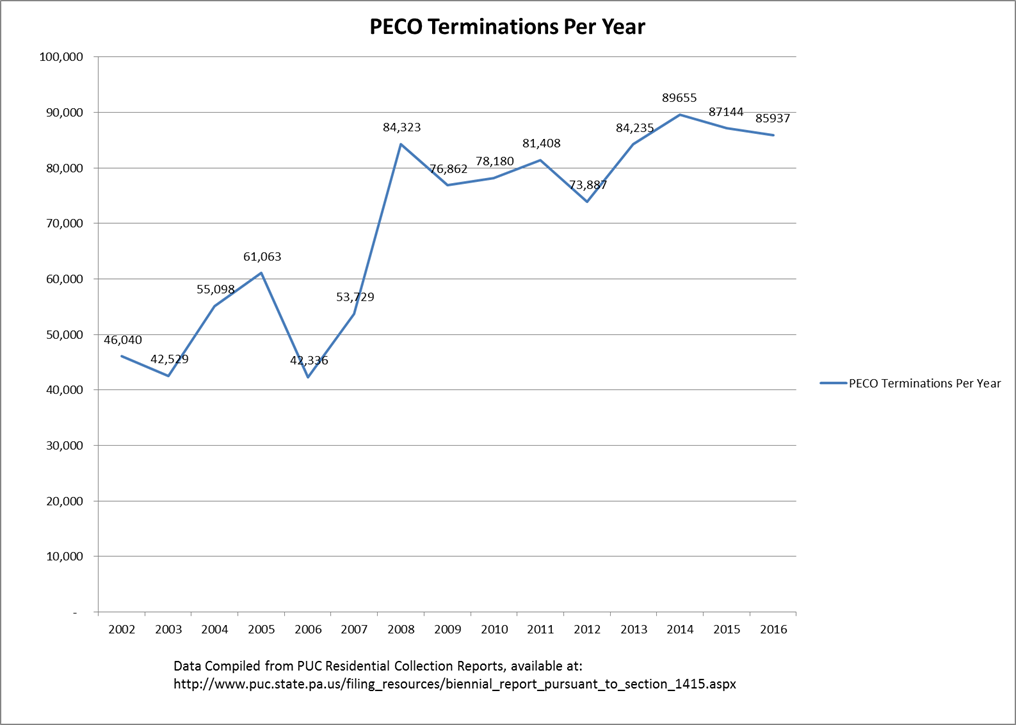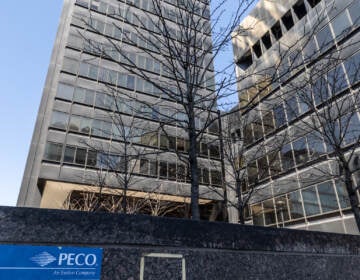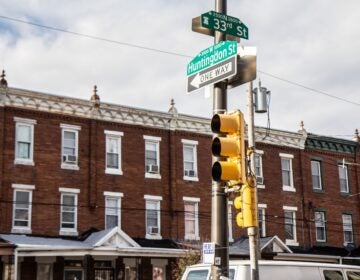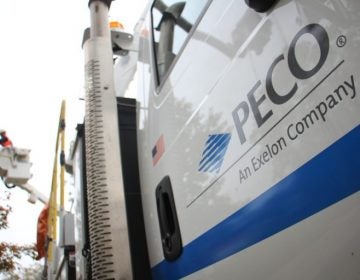Rising rate of PECO service shut-offs prompts Pa. review of utility costs for poor
Over the past decade, PECO has more than doubled the number of service shut-offs to customers who fall behind on payments.
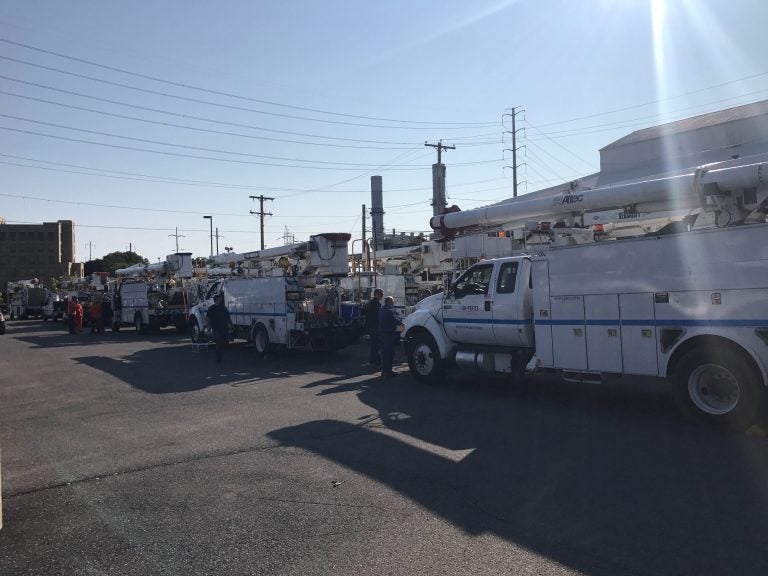
PECO crews (Courtesy PECO)
Over the past decade, PECO has more than doubled the number of service shut-offs to customers who fall behind on payments. Detecting a similar trend statewide, Pennsylvania’s Public Utility Commission is conducting a statewide study to improve the affordability of gas and electricity.
One reason for more shut-offs is that low-income households enrolled in customer assistance programs — or CAPs — are expected to pay a higher percentage of income than what utility companies expect of other customers, said to Robert Ballenger, an attorney at Community Legal Services who specializes in energy policy.
“An average … household in Pennsylvania can expect to pay between 1 and 5 percent of monthly household income for gas and electric,” he said. “In contrast, we have a policy that sets the monthly expectation for low-income families as high as 17 percent.”
So when the Public Utility Commission began researching ways to improve affordability, advocates urged regulators to follow the standard in New Jersey and New York, where customers are not required to pay more than 6 percent of their income on heat and power.
But a 6 percent standard for low-income households would force other customers to pay more, said Doug Oliver, a PECO spokesman.
“The overall cost of PECO’s CAP program would more than double,” he said. “The cost of the program would be $87 million more than it currently costs, and that $87 million is what’s spread across our residential customer base.”
Right now, residential customers are subsidizing PECO’s customer assistance program. PECO estimates that if the burden were lowered for those in the CAP program, the average customer’s bill would increase by $50 a year. Advocates say the commission should make PECO’s industrial and commercial clients chip in, following the example of the assistance program offered by Philadelphia Gas Works.
Pennsylvania has a moratorium on shut-offs between Dec. 1 and March 31. And yet, the most recent data on statewide shut-offs indicate that more than 312,000 households had service terminated, compared with an average of 81,000 households in the 1990s.
Ballenger said Act 201, a law passed in 2004 and reauthorized in 2014, made it easier for utility companies to terminate services for low-income households. The law also enabled utility companies to administer their own low-income programs. In addressing affordability, advocates have asked the PUC to restructure operation of those programs.
“I think every little bit helps,” said Ballenger. “The problem is the level of access. We know in Pennsylvania that less than half of low-income customers participate in CAP. We think the [PUC] can restructure the delivery model and make this a statewide program and eliminate the structure where each utility has its own program.”
The PUC’s initial survey of affordability issues is due at the end of November.
WHYY is your source for fact-based, in-depth journalism and information. As a nonprofit organization, we rely on financial support from readers like you. Please give today.


